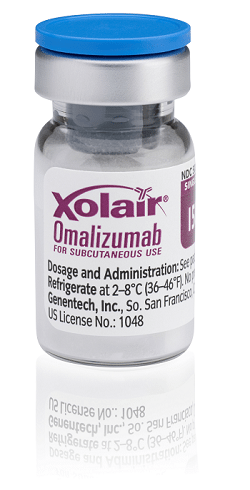May 12, 2014 – Hamilton, Ontario launched North America’s first-ever stock epinephrine program for shopping malls in May 2014, part of a novel pilot project that could ultimately make epinephrine auto-injectors available at all of the city’s food-service outlets.
The project, launched by the City of Hamilton, provides auto-injectors to security guards at two local malls, who will be aided by experts from organizations including Anaphylaxis Canada and McMaster University. These experts will also help to provide “research, evaluation, training, and project management,” related to the project, according to the Hamilton Board of Health report.
Security guards at the two malls are to be trained in recognizing and responding to anaphylaxis by the end of May 2014.
The city has approved up to $82,000 from a tax reserve to finance the program. (Previously, it was estimated that the full version of the program would cost roughly $127,000 per year.)
The idea for the program was originally brought forward by the Rotary Club of nearby Ancaster, following the tragic death of a 12-year-old girl at a local shopping mall from anaphylaxis. Maia Santarelli-Gallo, had not been diagnosed with a food allergy and did not carry an epinephrine auto-injector, but succumbed to anaphylaxis symptoms after eating ice cream at the mall.
Hamilton city councillor Lloyd Ferguson, a and Rotary Club member, introduced the concept of stock epinephrine in food-service outlets to the city last year. “It’s important because it saves lives. It’s that simple,” says Ferguson.






